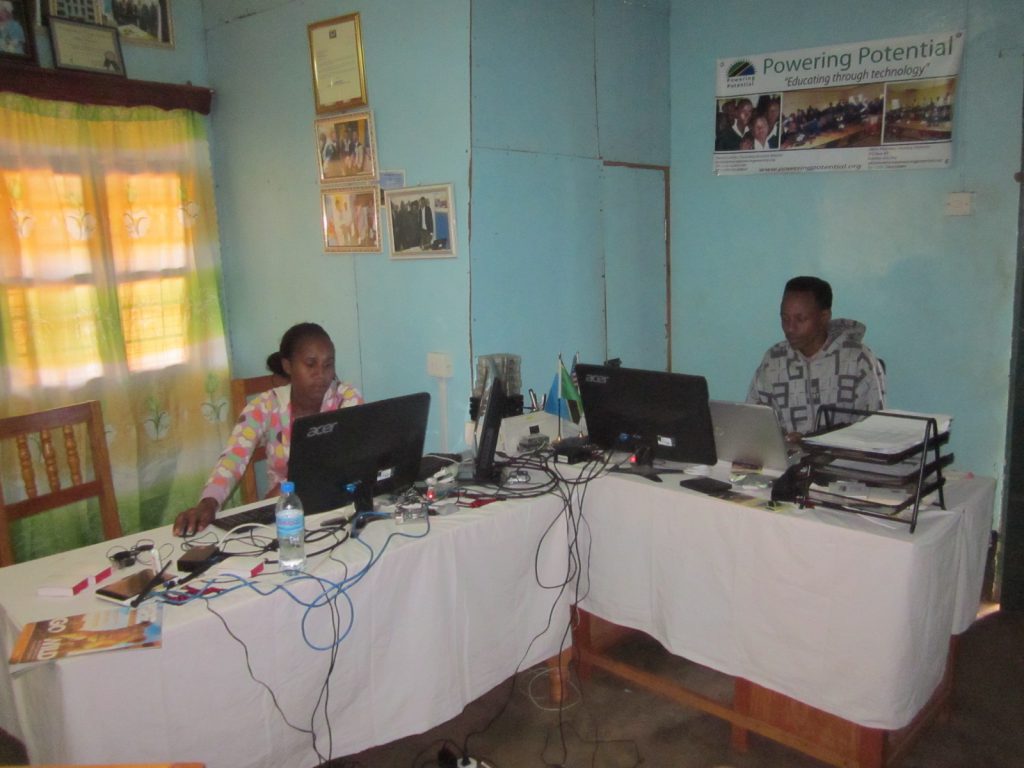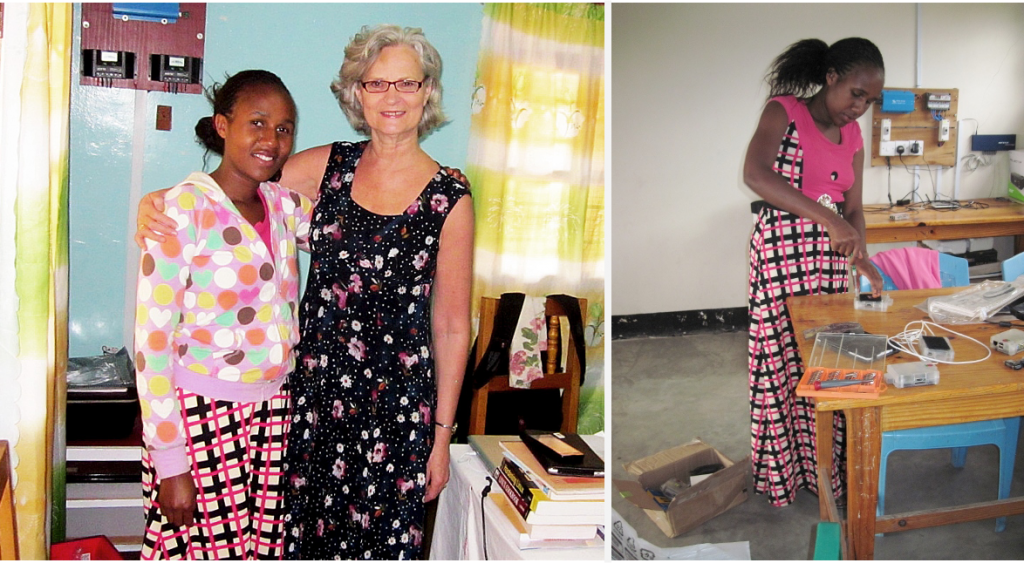“We were only using our lab for learning other subject through RACHEL but now I know I can do a lot especially computer programming and promise to share the knowledge I received with my fellow students.” – Iri from Kabasa School.

Powering Potential Inc. (PPI) has provided 29 Tanzanian public schools with low-watt solar-powered Raspberry Pi computers to date. While PPI plans on continuing to install and upgrade their SPARC labs (Solar Powered Access to Raspberry Computing) wherever possible, gracious funding from the Collegiate Churches of New York allowed us to coordinate with our Tanzanian counterpart — the Potential Enhancement Foundation (PEF) — to organize an innovative new Pi Workshop program on December 19 and 20, 2017.
The Pi Workshop was developed as a simple and cost-effective way for PEF’s Tanzanian staff to expand the impact of existing PPI SPARC labs. The Workshop was hosted by the Nainokanoka school in the Ngorongoro District, a Tanzanian secondary school with an already-existing SPARC+ lab. Students from other nearby PPI schools were transported to the host school via bus for the two-day event, during which Tanzanian technology professionals worked with local teachers to teach the students about the basics of computer programming, coding, engineering, networking, and more. Check out their Christmas card coding projects. (Click a card once to open it and a second time to see the animation.)
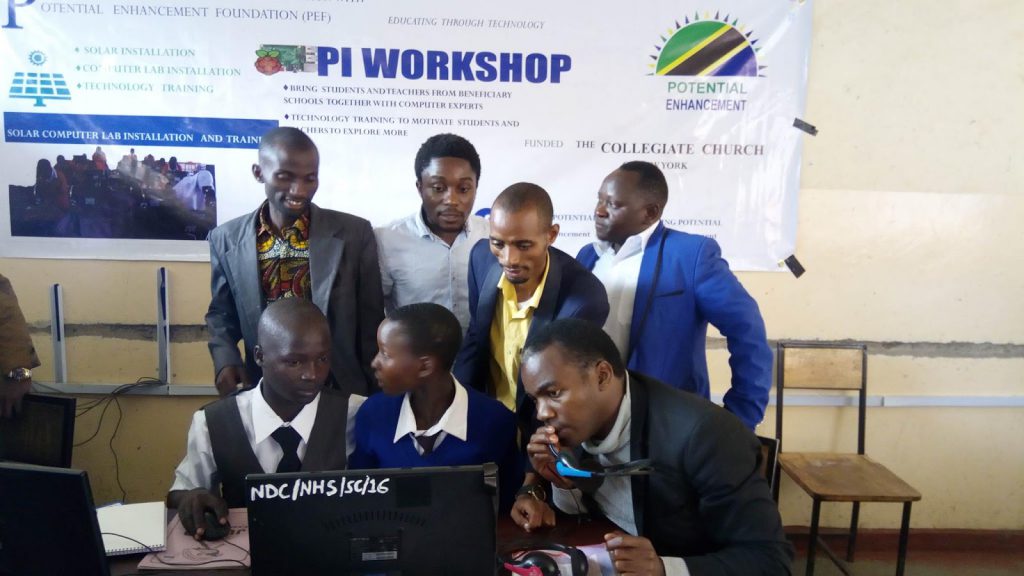
A key attribute of the Pi Workshop program is its emphasis on student-focused (or “indirect”) instruction. Due to a lack of educational resources, especially books, most secondary school education that occurs in rural Tanzania is teacher-focused “direct” instruction. During direct instruction, the teacher reads from the book and writes passages on the board, and the class gives the teacher their undivided attention.
“It was amazing how quickly students learn computer programming and demonstrated their potential.” – Eng. Albin Mathias.
The Pi Workshop, however, was different. Students were encouraged to indulge their inherent curiosity and passion for learning by engaging the technology firsthand: taking risks, making mistakes, and learning by doing instead of by watching and listening. PPI believes that this student-centered approach is the most effective way to demonstrate all the incredible things computers can do. Students left with a newly-kindled passion for computer technology, which will ideally encourage them to pursue rewarding STEM (Science, Technology, Engineering, Math) careers, enabling them to positively influence their country’s development.
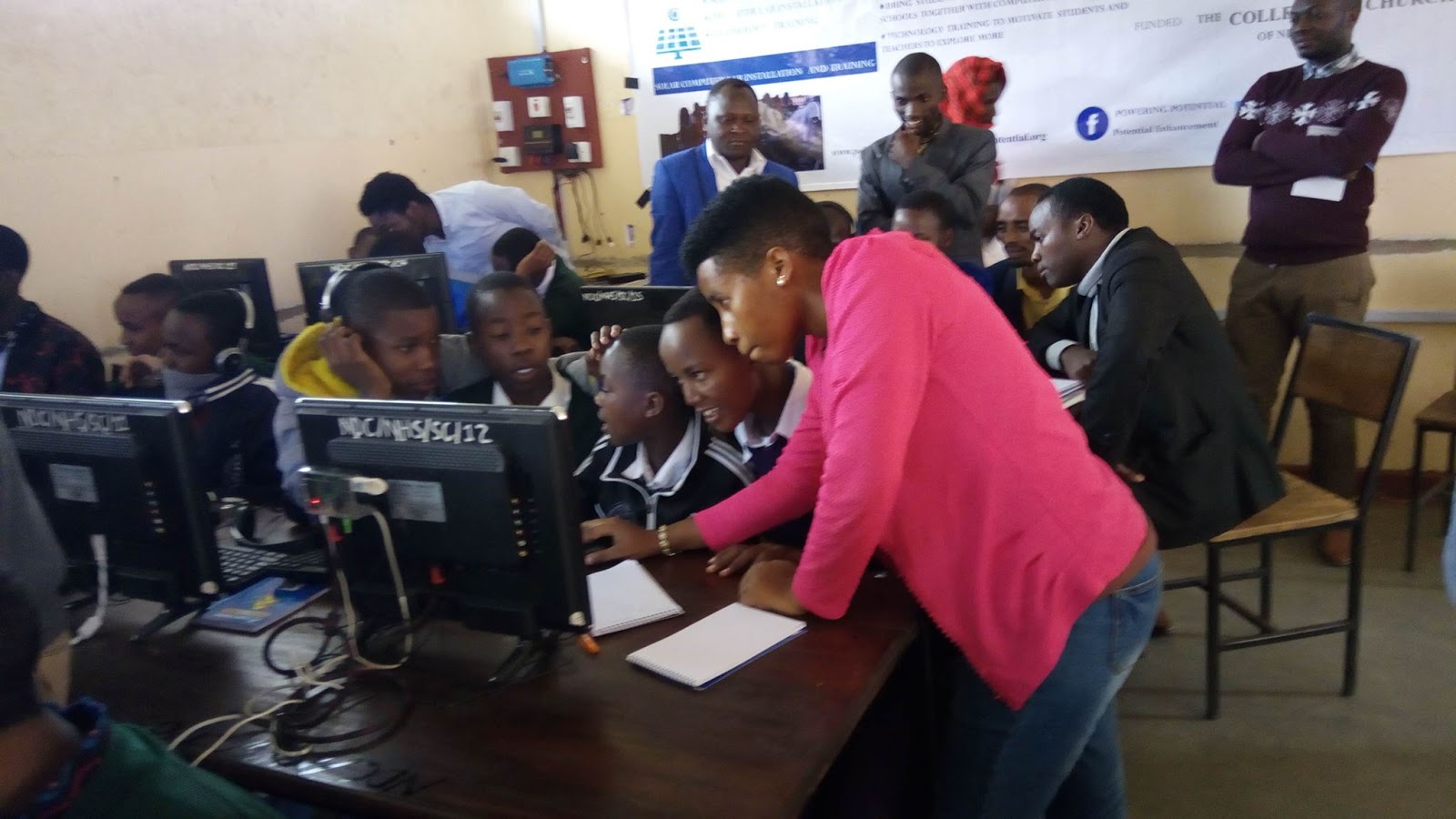
But the Pi Workshop was not only for the secondary school students — it proved valuable for the attending teachers and facilitators, too, giving computer teachers the opportunity to network and share ideas with their peers from nearby PPI schools. They drew content from the facilitator’s demonstrations and were inspired to integrate the student-focused hands-on learning into their own lesson plans.
“When I came first I thought I knew computer but I just realize I learn computer today.” – Boniface Marwa from Mekomariro School.
In addition to 8 facilitators, the Pi Workshop benefited 24 students and 12 teachers from 12 government-administered public schools in Karatu, Bunda, and Ngorongoro districts of rural Tanzania. View a Tanzanian-produced video of the workshop. We made quite an impact!
Swahili is the language of Tanzania. The following African proverbs are a taste of that beautiful language:
“Watu wanaofanya kazi pamoja wanaweza kufanya mambo makubwa.”
People working together can do great things.
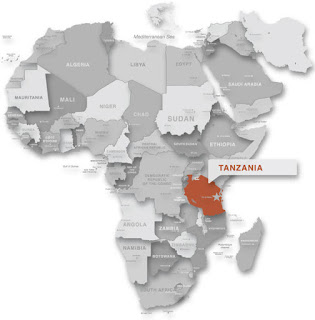
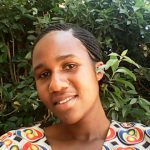 Neema Lyimo is 25 years old, and a Computer Technician at Powering Potential. The youngest daughter in her family, she was raised by her parents in the Moshi district of Tanzania’s Kilimanjaro region. “My parents encouraged me to get an education,” she says. “They always told me life would be very expensive without it.”
Neema Lyimo is 25 years old, and a Computer Technician at Powering Potential. The youngest daughter in her family, she was raised by her parents in the Moshi district of Tanzania’s Kilimanjaro region. “My parents encouraged me to get an education,” she says. “They always told me life would be very expensive without it.”